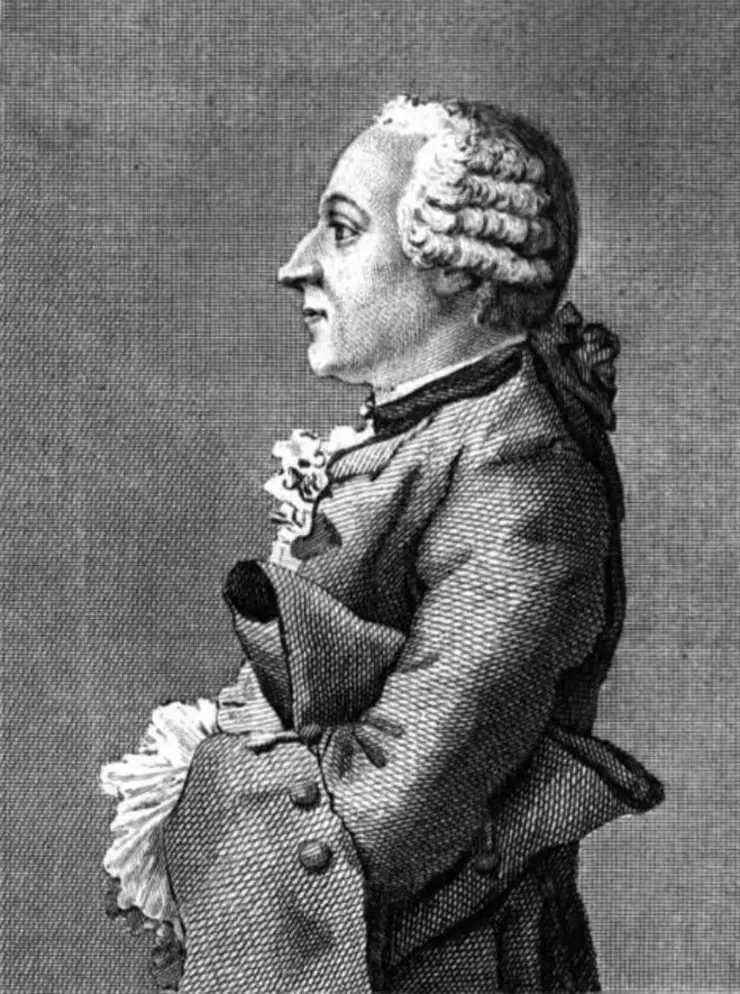International Conference: "Friedrich Melchior Grimm between Paris and Gotha"
Friedrich Melchior Grimm (1723–1807) – tutor and travelling companion of noble families, writer and translator, journalist and critic, friend of Diderot and lover of the salonnière Louise d'Epinay, patron of Mozart and art buyer for Catherine the Great, diplomat and atheist – can undoubtedly be described as one of the most interesting figures of the 18th century. The fact that the works and ideas of the French Enlightenment found such a lively reception in Gotha at the time of Duke Frederick III (1699–1772) and his wife Luise Dorothea (1710–1767) is due not only to Luise Dorothea's extensive network of correspondence but above all to Grimm, who had been living in Paris since 1748/49 and soon made friends there with philosophers such as Diderot, d'Alembert, Helvétius, d'Holbach and Rousseau. In his handwritten "Correspondance littéraire, philosophique et critique", he reported regularly on literary and intellectual life in Paris from 1753. Apart from Gotha, whose ducal couple were among his most avid readers and patrons, the "Correspondance" was read at times at up to 15 other German and European courts, including that of Catherine the Great.
The 300th anniversary of Grimm's birth, who left Paris in 1792 and died in Gotha in 1807, is now an occasion to examine the role of Gotha - whose young Duke Ernst II appointed Grimm envoy in 1775. Grimm was appointed envoy to the court of Versailles in 1775, thus providing him with economic security - in Grimm's life and work will be examined in greater detail at an international academic conference. The event in September is dedicated to Grimm in particular as the editor of the "Correspondance littéraire, philosophique et critique", which as a confidential feuilleton gave European rulers insight into social and cultural life in Paris and was central to European cultural exchange.


